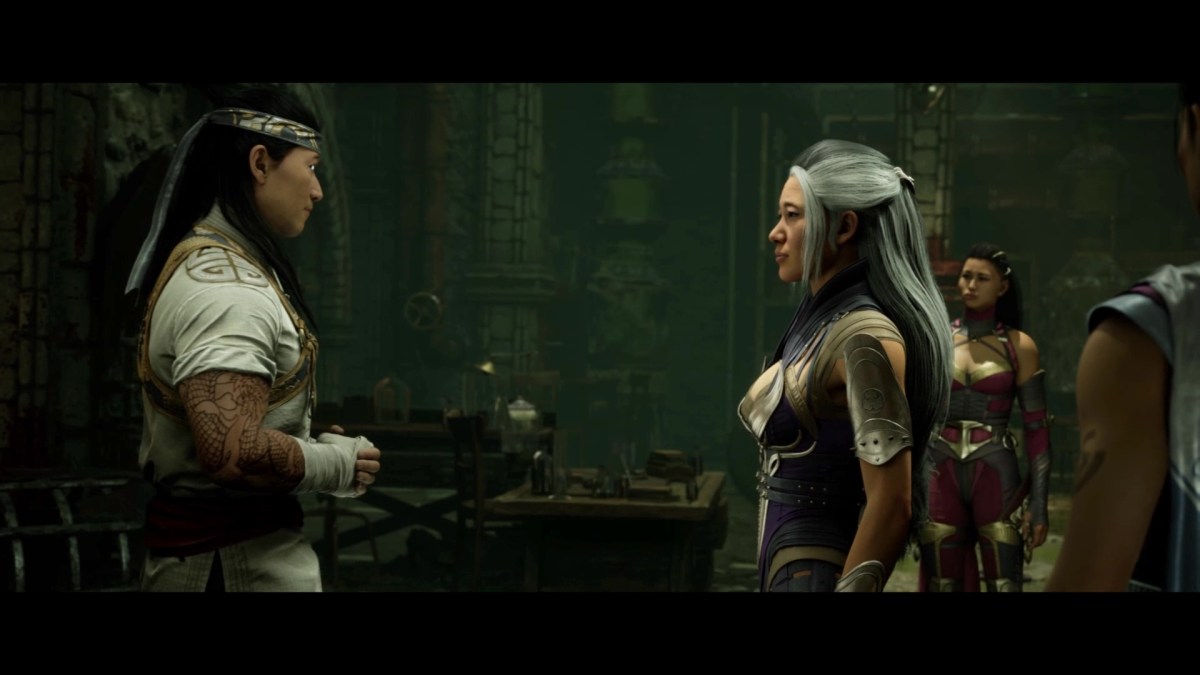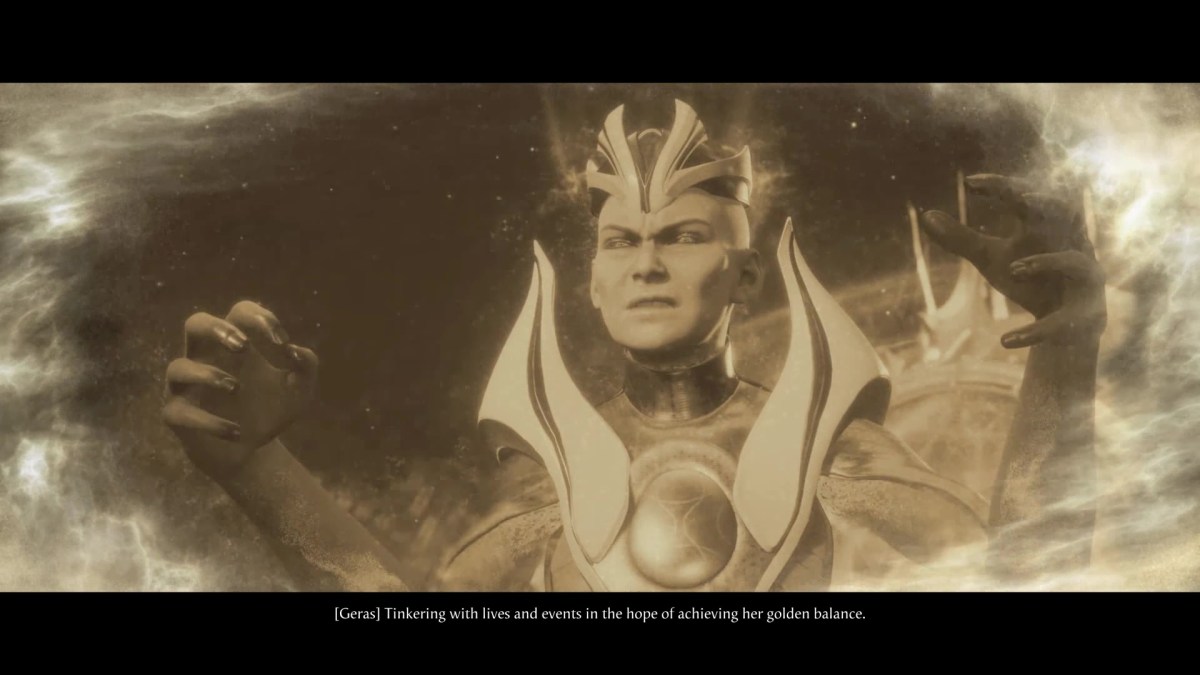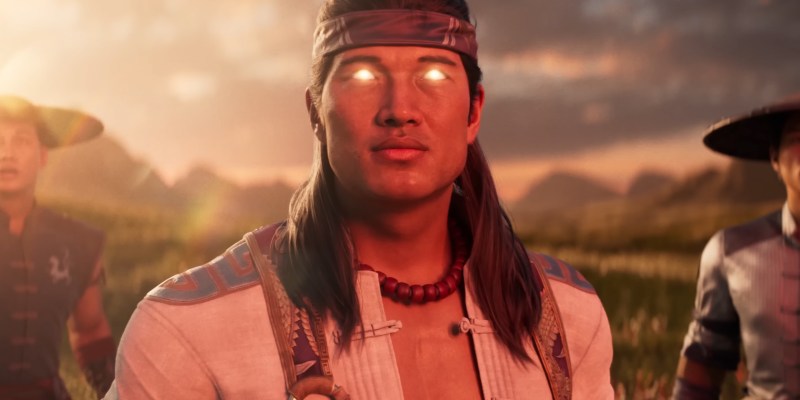If it makes you feel any better, the cast of Mortal Kombat is about as sick of continuity resets as you are. MK’s first reboot, in 2011’s Mortal Kombat, only turned back the clock to right before the events of the original game. That time, Liu Kang’s had to rebuild Mortal Kombat history from scratch. The result is, to some extent, Mortal Kombat making a criticism about continuity reboots themselves, and how they’re often counterproductive.
To be fair to NetherRealm Studios, Liu Kang’s New Era has a lot going for it, particularly if you’re a long-time fan of the series. Some big fan favorites in past MK games have gotten a long-overdue chance at the spotlight in MK1, particularly Mileena, Baraka, and Reptile. Reptile in particular has spent his entire history as a character as the MK universe’s eternal punching bag, but by the end of MK1, he’s got friends, a home, and even a new romance. If you’re writing a list of the top 10 successful reinventions in 2023’s video game lineup, Reptile tops that list from a standing start. That being said, MK’s still coming off its second reboot in the last four games, which gives every new development an unfortunate subtext: don’t get attached. This continuity’s written on a whiteboard, and at any minute, NetherRealm Studios could decide to wipe it clean again.
There’s a scene in Mortal Kombat 1’s story mode that addresses that criticism of reboots, however, and which also works as a neat piece of meta commentary. In Chapter 11, Liu Kang explains himself to an increasingly horrified Sindel, Kitana, and Mileena. He’s been posing as “just” the demigod protector of Earth up to this point, but now he’s forced to admit that he’s the original creator of this timeline.

Screenshot by the Escapist from footage captured by KC Nwosu.
The antagonist of Mortal Kombat 11, Kronika, was a Titan and the Keeper of Time. At the end of MK11’s story, she erased history in a fit of rage. Liu Kang, after he won their fight, had to pick up the pieces, by creating his New Era from nothing using Kronika’s tools. In Mortal Kombat 1, Kronika’s former minion, Geras, explains to Sindel that the current MK timeline is the latest in a long, long series. “Kronika was obsessed with equalizing good and evil,” he says. “When a timeline veered too far to one or the other, she would halt it and restart history. Tinkering with lives and events in the hope of achieving her golden balance.”
It’s a useful explanation for why anything that happens in MK1’s story matters. Being able to reboot time whenever something doesn’t go your way is a great way to drive yourself crazy, so Liu Kang did it exactly once and then gave that power up. Whatever happens in his New Era, he’s got to let it ride.
I also have to appreciate that Mortal Kombat 1 didn’t run with the sort of superhero-comics reboot where we’ve all implicitly agreed to pretend everything was always like this. In MK, its reboots are part of the canon; they’re actions, and they’ve had direct consequences. More importantly, though, Geras’s framing here also works as commentary on creative works in general, particularly ones that are visibly trying to seek some imaginary perfect state.
Related: Has Video Game Violence Jumped the Shark? – Slightly Something Else

Screenshot by the Escapist from footage captured by KC Nwosu.
The first thing that came to my mind was the last decade or so of Spider-Man comics, where Marvel refuses to let the character be something other than a broke loser, but you could also point to the chaos that surrounds the DC Extended Universe or any Terminator movie after the second one. Sooner or later, MK says with Mortal Kombat 1, you’ve got to let things unfold at their own pace for a while. If you just keep trying over and over again to force something into existence, especially if you don’t have a clear idea what it is you’re going for, you’ll just drive yourself insane. Then a Shaolin monk will have to come kick you in the throat and steal your stuff.
Granted, this might be a hollow criticism of reboots coming from Mortal Kombat 1, which goes on to make MK’s cosmology even more complicated than before by introducing its own branded multiverse. MK1 ends up embodying some of the same strange pop-culture trends that it’s effectively criticizing, which gives it a feel like somebody at NetherRealm was sneaking a fast one past the corporate office. Frankly, it’s one of the best things about the game.
